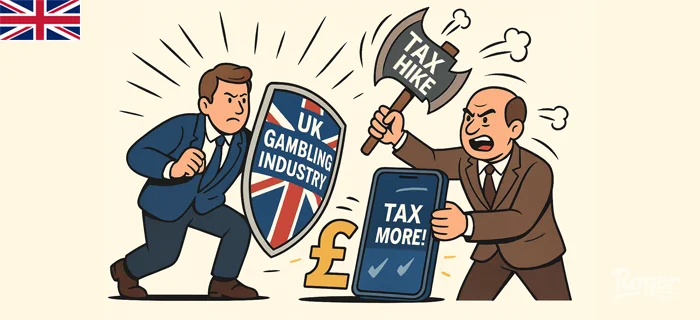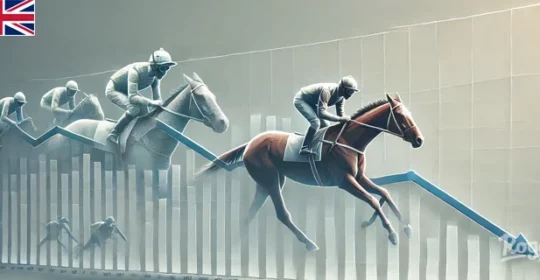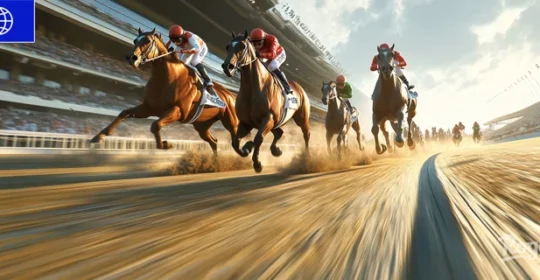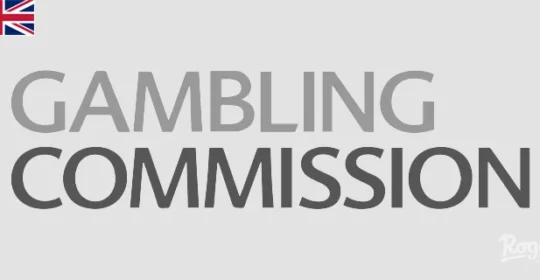Senior figures from the gambling industry have been meeting with treasury officials, as the association fights tax hike.
As the UK prepares to fill a hole in its next budget, could gambling be the answer?
👉 The United Kingdom is looking to fill a deficit left by changes to the previous budget, which saw the Chancellor Rachel Reeves in tears during one parliamentary meeting.
This was set about by possible welfare cuts, which almost resulted in the collapse of the Labour Party and a vote of no confidence in Keir Starmer.
Added to this have been turnarounds of winter fuel payments for pensioners.
It is now estimated she must find £30 billion before the next budget, and a rise in gambling tax is looking like the most likely solution.
Table of contents
Gambling in the autumn budget
The Autumn budget next month has raised question marks on how a so-called £30 billion deficiency is to be financed.
One of the proposals brought forward is reforming gambling tax policy, potentially extending beyond mere streamlining of present arrangements to the introduction of top tax bands.
A significant increase, they argue, would push nearly a third of British players to offshore, unregulated websites.
This would destroy the UK's well-regulated online gambling sector, long regarded as one of Europe's strongest.
🤔 Third-party comparison websites such as BestBettingSites.co.uk also have a part to play within this framework.
Along with assessing apps on usability and game availability, they assess them on licensing and policy on responsible gambling, allowing users to make safer, better-informed decisions.
These types of tools have helped increase confidence within the system and promote offers such as free bets and credits to be made available by fully licensed operators.
The Betting & Gaming Council (BGC), the voice of gambling operators including bookmakers and online gambling websites, has been against the tax increase.
The council is of the view that a tax increase would suppress growth and push customers to less secure options.
It has, therefore, laid out its findings before the Treasury and is calling on members to act and talk to policymakers.
As reported by The Guardian, the BGC has even organised darts tournaments, intending to refresh older Labour officials.
One such event, published on the Labour Staff Network, was organised in collaboration with one of the leading UK gambling companies and was intended to “continue building constructive engagement across Westminster.”
Grainne Hurst, the new BGC chair and former industry executive, spoke during the occasion.
The occasion had Katie Martin, Chief of Staff to Chancellor Rachel Reeves, along with some senior Labour MPs like Jo Platt, Gareth Snell, Adam Jogee, and Sports Minister Stephanie Peacock.
A BGC spokesperson then explained, “The Labour staffers night provided us with a wonderful chance to discuss our ‘Big 180' partnership with Prostate Cancer UK, centred on the World Darts Championship date has encouraged 350,000 men to date to test themselves to see if they are at risk of developing the condition.”
British horse racing authority launches its own campaign
Horseracing Authority (BHA) has also strongly objected to the proposed reforms.
The government is reportedly considering equating tax rates on all gambling activity, sports betting apps and online casinos, if the measures are introduced. The current rate of 15% would rise to 21%.
The BHA has warned that the move will cost the industry between £66 million and threaten almost 2,800 jobs.
🧐 It has countered by launching a public campaigning drive of awareness campaign, including on social media under the #AxeTheRacingTax hashtag.
The proposals placed before us today are less radical than some of the previous recommendations from think tanks.
The illustration provided is that the Institute for Public Policy Research previously proposed doubling the duty on betting to 30%, and even proposed a 50% tax on off-site gambling.
Their model had a sliding scale where the more risky games were taxed more heavily.
But the majority of the industry feels that even small increases would be regrettable.
Horse racing is a major part of British sporting life, and events like Royal Ascot bring in millions of pounds.
For the sport, for some local communities, it is also a major source of employment.
Additional tax burden, they feel, would have long-term economic consequences.
Labour MPs looking to toughen up
Within the Labour Party itself, there have been for many years calls for tighter regulation of gambling.
Greater Manchester Mayor Andy Burnham and MP Dawn Butler are just two of many who are calling for more local regulation, namely, over the issue of fixed-odds betting terminals and slot machine venues.
👉 Dawn Butler has taken it a step further by tabling a motion in Parliament urging changes to the 2005 Gambling Act.
Her proposal would enable local councils to refuse new gambling premises in already saturated areas.
She feels such premises have the tendency to target communities that are going through social deprivation, leading to wider public health issues.
Whether or not they will be effective on ultimate policy choices remains to be seen.
But there is no doubt that pressure is building from all directions, inside and outside the Parliament.





